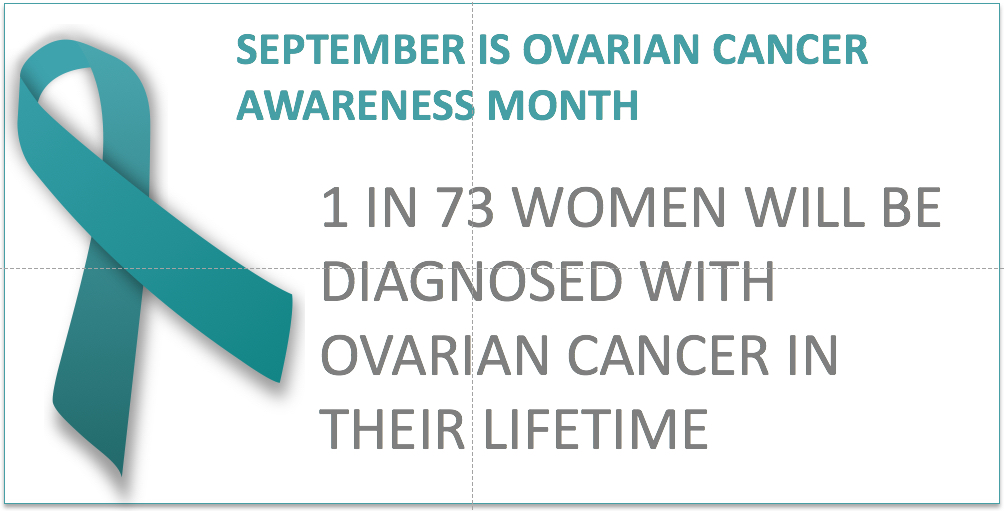 Dustie Meads/PhotoSpin
Dustie Meads/PhotoSpin
The media is abuzz this week with the news that megastar Angelina Jolie underwent a prophylactic double mastectomy after learning she tested positive for the BRCA gene mutation. She kept the decision and the surgery secret until four days after the procedure was done.
By breaking her silence and speaking out about it, she has used her celebrity status to shine a spotlight on breast cancer and the genetic mutation of BRCA1 and BRCA2, which are often called the breast cancer genes. These mutations are known to increase the risk of getting breast or ovarian cancer by 60 percent. Jolie said that doctors quoted her risk to be at 87 percent.
With someone so popular who relies on her looks to make a living taking this drastic step, the average woman might wonder if testing for the mutations and getting preventative mastectomies might be the right choice for her.
While raising awareness about this issue is important, it can also create confusion and fear. Getting tested alone is a huge step and should not be done lightly.
Testing for the BRCA genetic mutation is done by administering a simple blood test, but it is not always covered by insurance. At around $3000, the cost can be quite prohibitive for most people.
Experts recommend that only the 2 percent of women who have a family health history that makes them more likely to have the BRCA mutation be tested. Someone who has two first-generation relatives (mother, sister, daughter, etc.) who were diagnosed with breast cancer, would probably be a good candidate for this test.
Here are the guidelines from Cancer.gov that you should consider before deciding on BRCA testing.
For women who are not of Ashkenazi Jewish descent:
1. Two first-degree relatives diagnosed with breast cancer, with at least one being diagnosed by age 50 or younger
2. Three or more first-degree or second-degree (grandmother, aunt) relatives diagnosed with breast cancer regardless of their age at diagnosis
3. A combination of first- and second-degree relatives diagnosed with breast cancer and ovarian cancer (one cancer type per person)
4. A first-degree relative with cancer diagnosed in both breasts ( bilateral breast cancer)
5. A combination of two or more first- or second-degree relatives diagnosed with ovarian cancer regardless of age at diagnosis
6. A first- or second-degree relative diagnosed with both breast and ovarian cancer regardless of age at diagnosis
7. Breast cancer diagnosed in a male relative
For women of Ashkenazi Jewish descent:
8. Any first-degree relative diagnosed with breast or ovarian cancer
9. Two second-degree relatives on the same side of the family diagnosed with breast or ovarian cancer
Of those that take the test .125 - .25 percent of them them will test positive for the BRCA mutation. This percentage varies by ethnicity.
Testing positive does not mean they are guaranteed to get cancer, but that they have an increased risk of getting breast and ovarian cancer. Women with the BRCA mutation are five times more likely to develop breast cancer, which is about 600 women out of 1000.
Though it can be scary, educating one's self on this topic and one's cancer risk can be empowering. The help of trained medical personnel is key to making the right decision.
Sources:
GMA.yahoo.com. Web. 15 May 2013. "Angelina Jolie's mastectomy: what you should know."
http://gma.yahoo.com/blogs/abc-blogs/angelina-jolies-mastectomy-know-154248548.html
Cancer.gov. Web. 15 May 2013. "Fact sheet: BRCA." BRCA1 and BRCA2: Cancer Risk and Genetic Testing.
http://www.cancer.gov/cancertopics/factsheet/Risk/BRCA
Reviewed May 15, 2013
by Michele Blacksberg RN
Edited by Jody Smith






Add a Comment3 Comments
I think she's jumping the gun here. She didn't even have cancer and there breast cancer can be treated effectively when caught in the early stages. Increased screening would have made much more sense.
May 16, 2013 - 3:51pmI wonder what Brad Pit thinks of this.
This Comment
Spot on with this write-up, I truly feel this amazing site needs
a great deal more attention. I'll probably be returning to read
more, thanks for the advice!
Also visit my web-site - madison wi
November 16, 2015 - 1:01pmThis Comment
Hi Maria,
Great article about the BRCA gene testing.
We wanted to let you know we featured you in this week's EmpowHER newsletter.
It can be seen here:
http://t.co/yq4EuIkzhm
Take care!
-Jenny
May 16, 2013 - 2:17pmThis Comment